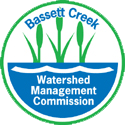News
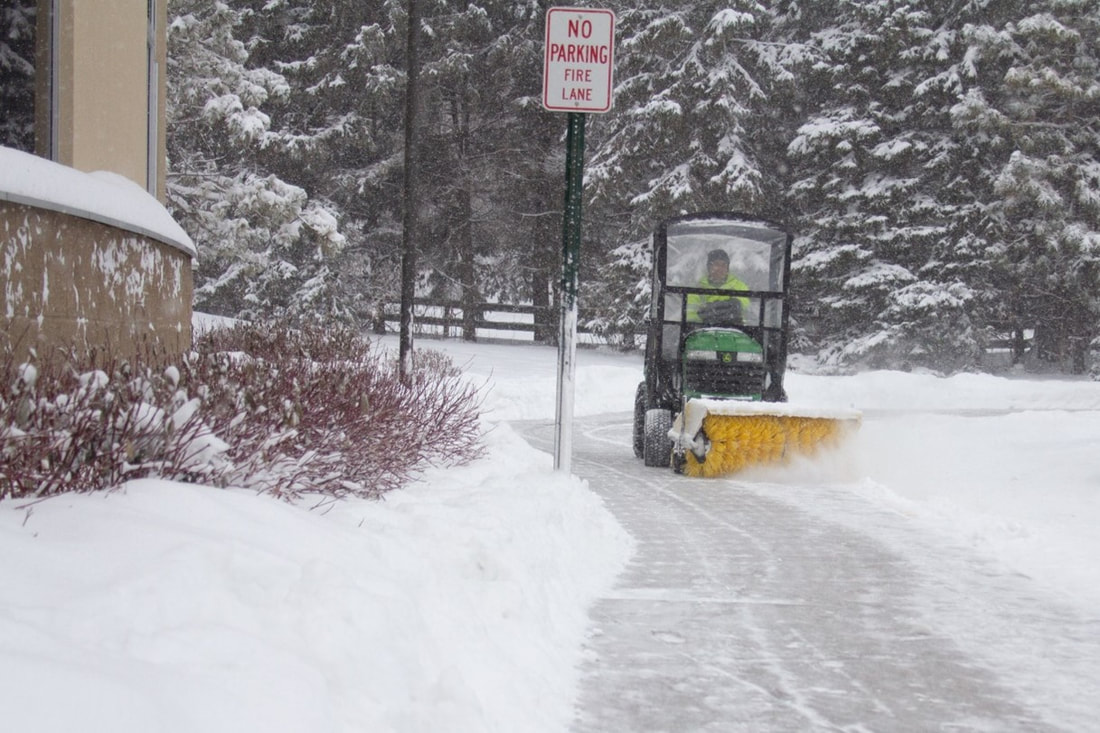
January 20, 2025
As Minnesotans trudge through winter, many will be heading to the store to grab a bag of deicing salt. Before you douse your driveways and sidewalks, take a moment to understand the lasting impacts deicing salt has on our lakes, rivers, and streams and what steps we can all take to protect our water.
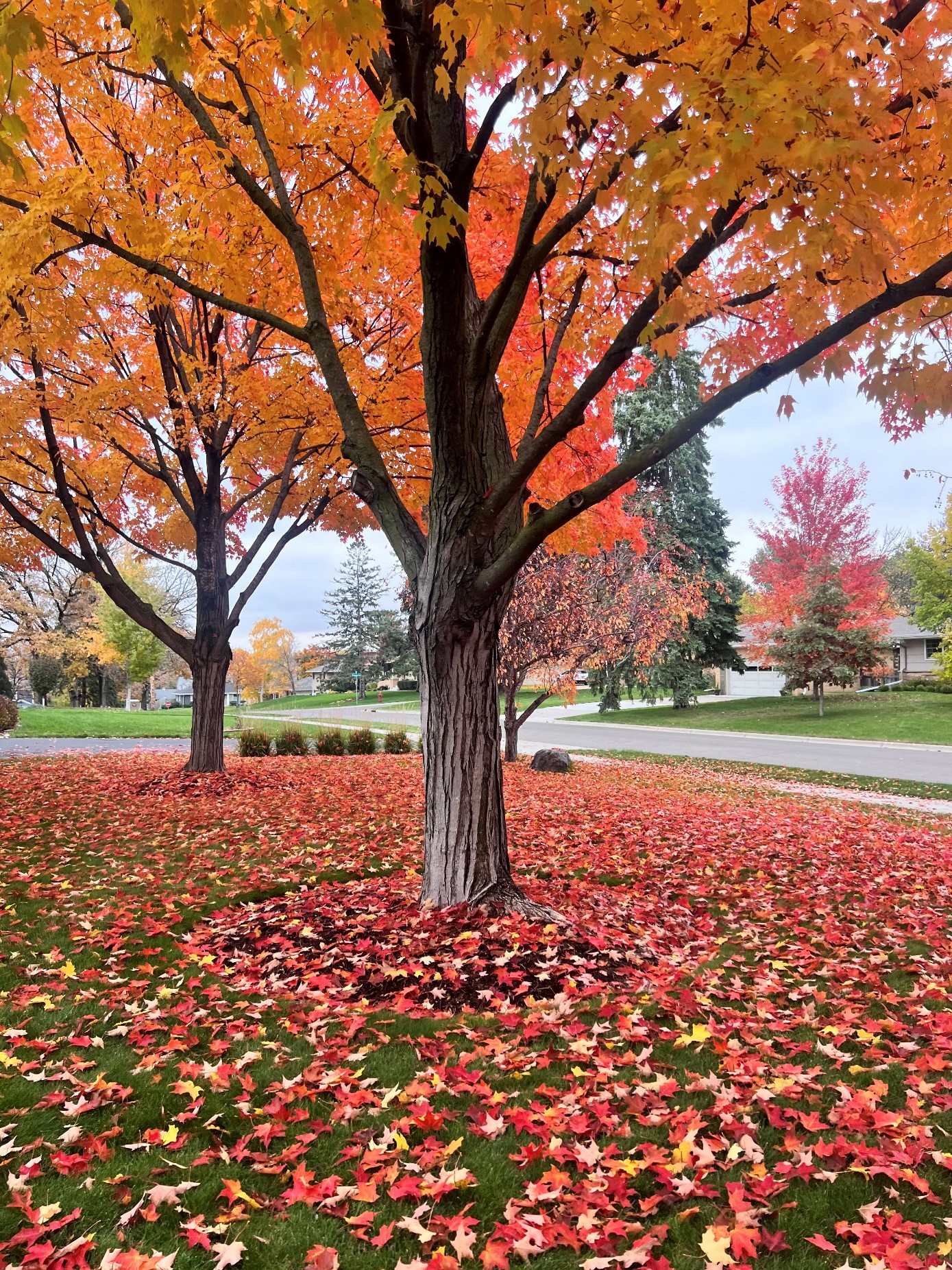
September 6, 2024
The way we care for our lawns has a huge impact on the environment and water quality. Particularly in the fall, rain washes leaves from our yards and streets into storm drains and directly into our lakes and rivers, feeding them with excess nutrients and bacteria. Proper fall lawn care keeps our waters clean, helps pollinators survive winter, and supports a more vigorous spring growing season. Keep leaves out of the street, mulch them into the yard or natural fertilizer, or compost them for your garden next spring!
June 11, 2024
At their meeting in May 2024, the BCWMC Board of Commissioners adopted a water and land acknowledgement statement. The statement represents one step toward honoring, remembering, and acknowledging that the lands and waters throughout the watershed were cared for by Indigenous people for generations and, in turn, the land and water nurtured them as relatives. Acknowledging the complex past and present traumas and triumphs is a step toward healing for the land, waters, and peoples who live in the watershed today.

February 2, 2023
A new education and assistance campaign - Low Salt, No Salt Minnesota - aims to teach and empower decision makers at homeowners associations, townhome associations and faith-based organizations with strategies for reducing winter deicers. The BCWMC worked with other watersheds and cities through the Hennepin County Chloride Initiative to pool Clean Water Funds and develop this program.
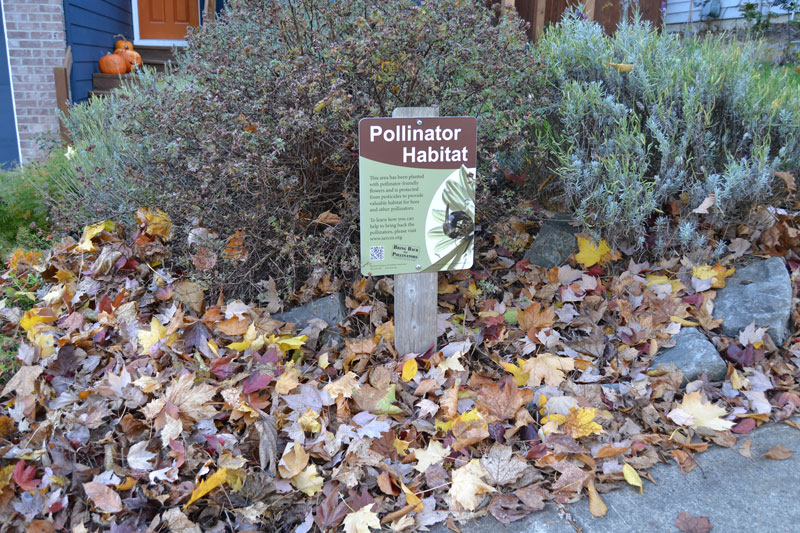
November 2, 2021
If you are a reader of a certain age, you may have wondered, ‘Where have all the lightning bugs gone?’ Just because many of you captured them in a jar and found them dead the next morning, their population decline doesn’t rest [solely] on your shoulders. Rather chances are, the overwintering insects were carried off with the leaf litter year after year.

August 17, 2021
Great news! 90% of Minnesota Lakes are still free of invasive species, so let’s keep it that way. This means, after a day of fishing, please don’t dump your leftover bait into the water before heading home. While dumping bait may seem harmless—maybe even helpful—it could potentially devastate a lake by introducing an invasive species.
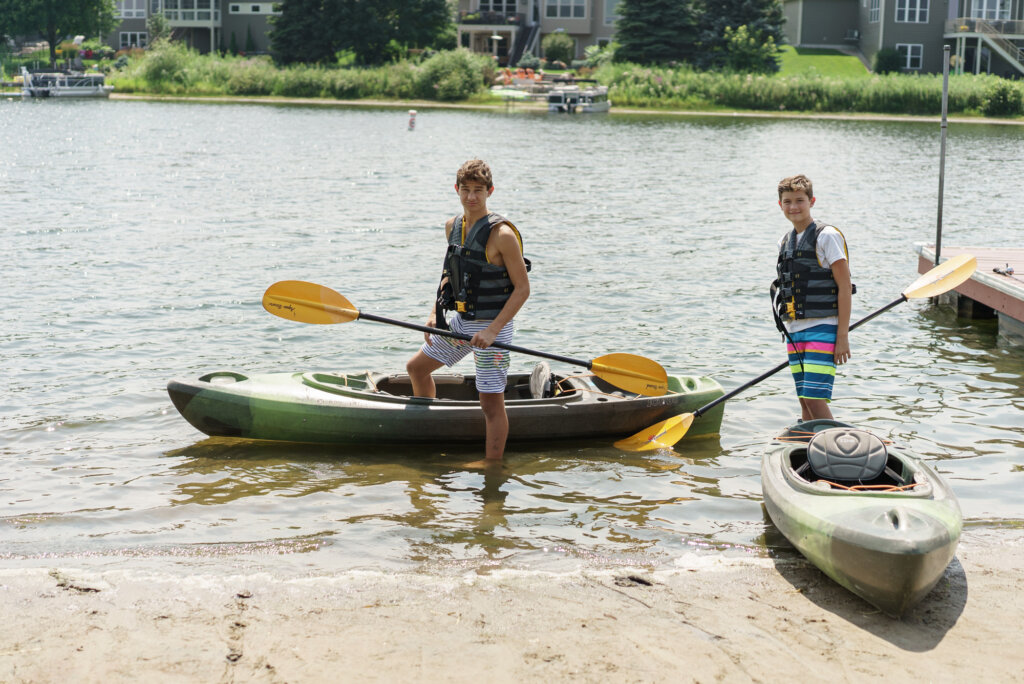
August 8, 2021
The city of Blaine is home to a unique, man-made body of water: Sunrise Lake. Dug nearly 20 years ago, Sunrise Lake won’t appear on most lists of Minnesota lakes, nor is it managed by the DNR. However, when it comes to pollution, it faces many of the same challenges as other lakes around the state. Learning about those challenges offers lessons for anyone who cares about protecting water quality.
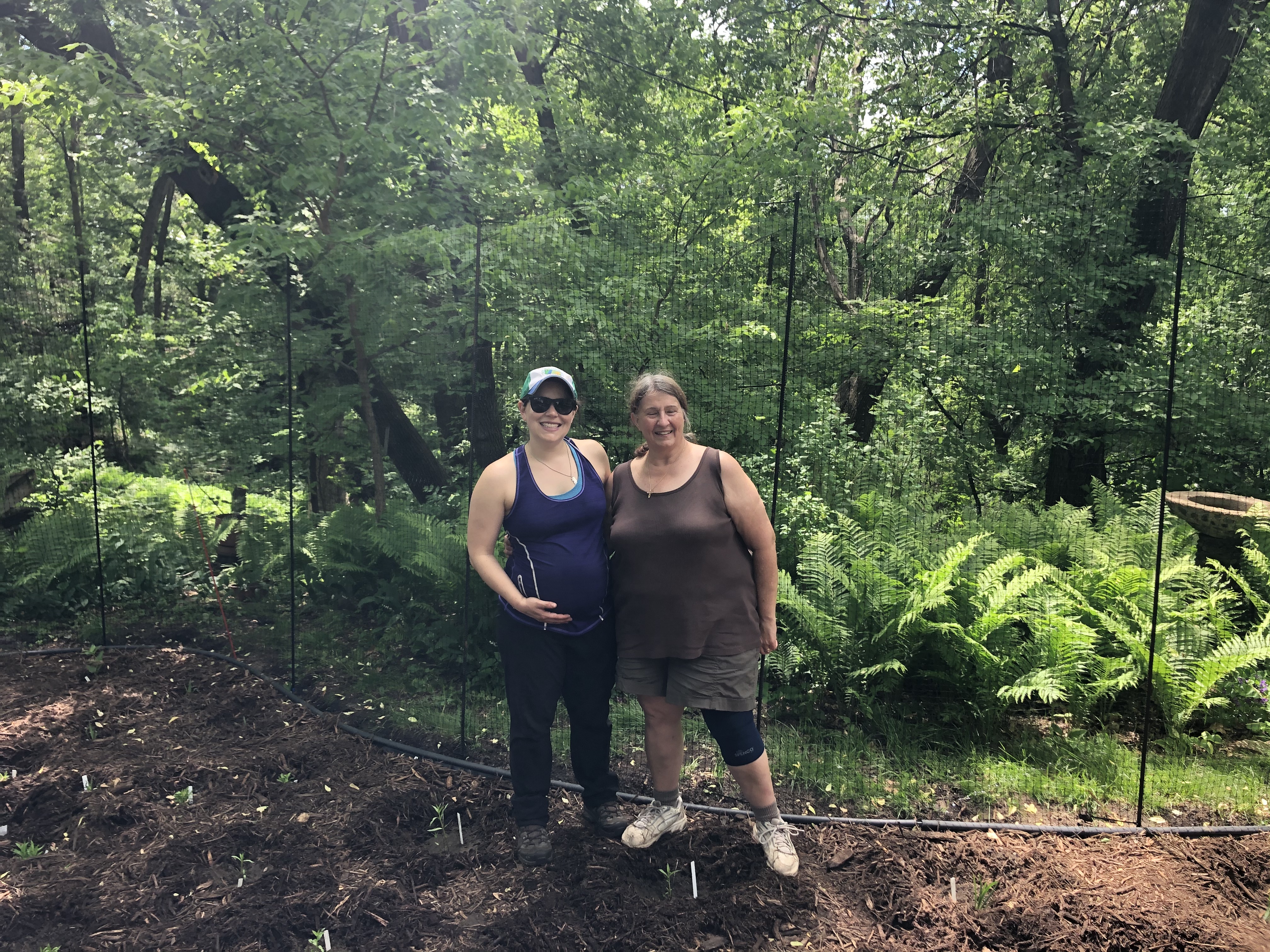
July 19, 2021
Did you know that when it rains, it pollutes? That’s because water that runs off hard surfaces—such as streets, parking lots, roofs or driveways—is carried by storm sewer pipes to nearby lakes, creeks, or wetlands. But three neighbors in Golden Valley are helping minimize this pollution as well as help solve decades-long drainage problems by building a rain garden.

July 13, 2021
The summer of 2021 is off to a scorching start with record high temperatures and drought affecting most of Minnesota. As the temperatures soar, many have sought relief from the heat at their favorite swimming spots. In the land of 10,000 lakes, one question might be on the mind of swimmers: how do I know I’ve picked a safe place to swim? With a little bit of research, you can plan your next beach outing with confidence that you’re heading to a healthy lake or stream.
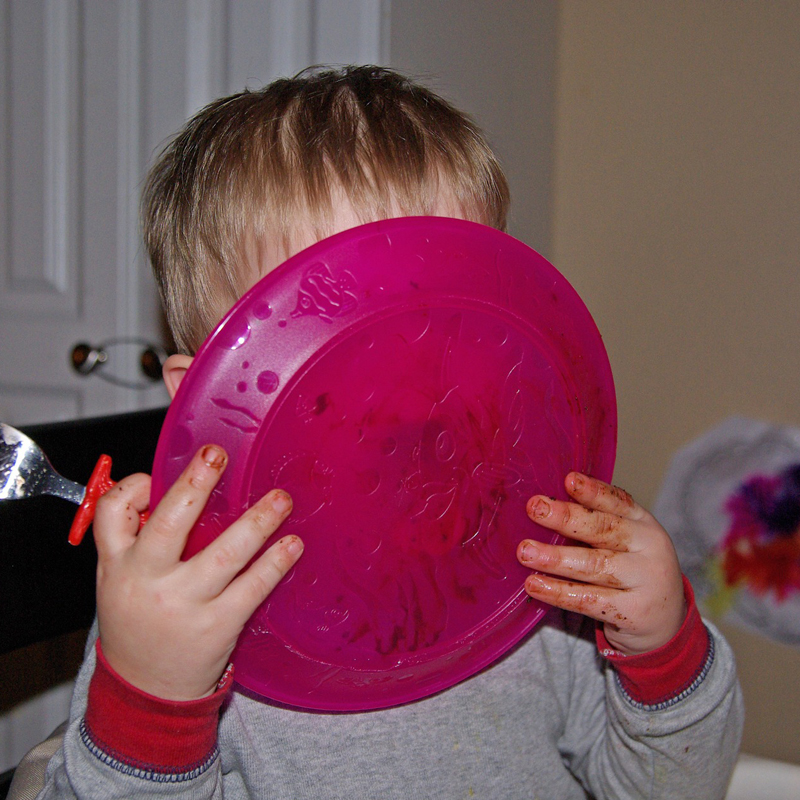
June 15, 2021
NO ONE CAN DO EVERYTHING.
BUT EVERYONE CAN DO SOMETHING TO REDUCE CLIMATE IMPACTS
The Bassett Creek Watershed Management Commission was formed in the late 1960s when nine cities in the watershed came together to work on flooding problems. In fact, the commission was originally named the Bassett Creek Flood Control Commission. Despite the award-winning engineering work and collaborative efforts, flooding remains a concern today. And since Minnesota’s climate is becoming warmer and wetter, flooding will likely remain an issue well into the future. This article is the first in a series about the connections between a wetter climate, our water resources, and how you can help.
